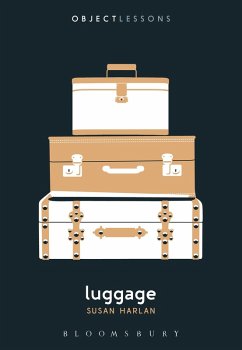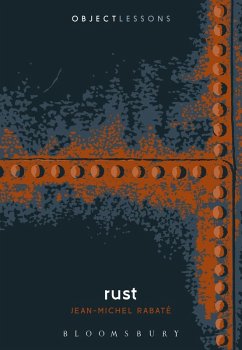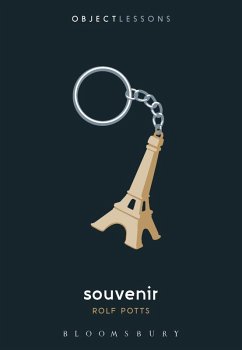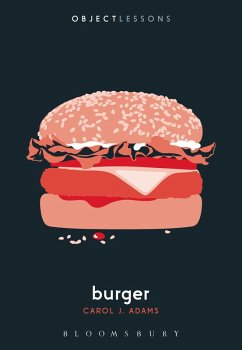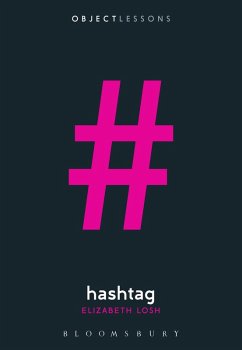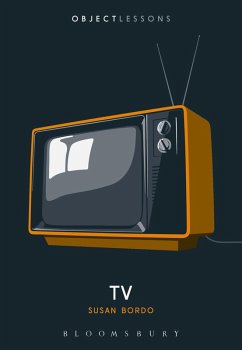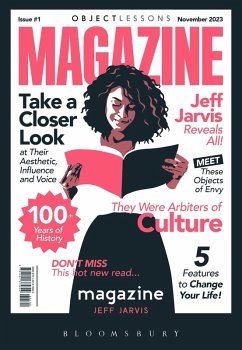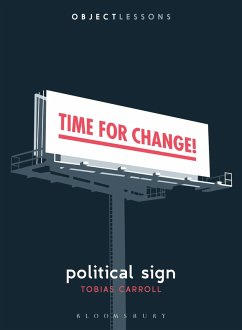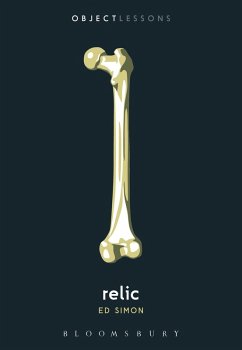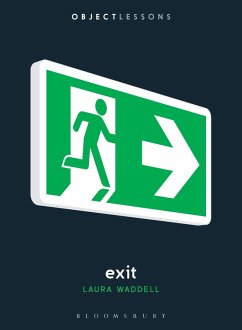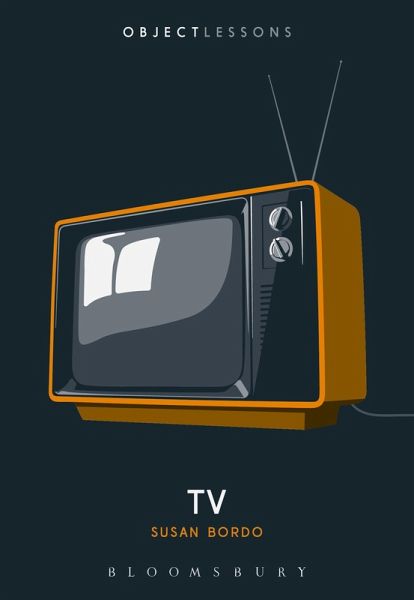
TV (eBook, ePUB)
Versandkostenfrei!
Sofort per Download lieferbar
9,95 €
inkl. MwSt.
Weitere Ausgaben:

PAYBACK Punkte
5 °P sammeln!
Object Lessons is a series of short, beautifully designed books about the hidden lives of ordinary things. Once upon a time, the news was only 15 minutes long and middle-class families huddled around a tiny black-and-white screen, TV dinners on their laps, awaiting weekly sitcoms that depicted an all-white world in which mom wore pearls and heels as she baked endless pies. If this seems a distant past, that's a measure of just how much TV has changed-and changed us. Weaving together personal memoir, social and political history, and reflecting on key moments in the history of news broadcasting...
Object Lessons is a series of short, beautifully designed books about the hidden lives of ordinary things. Once upon a time, the news was only 15 minutes long and middle-class families huddled around a tiny black-and-white screen, TV dinners on their laps, awaiting weekly sitcoms that depicted an all-white world in which mom wore pearls and heels as she baked endless pies. If this seems a distant past, that's a measure of just how much TV has changed-and changed us. Weaving together personal memoir, social and political history, and reflecting on key moments in the history of news broadcasting and prime time entertainment, Susan Bordo opens up the 75-year-old time-capsule that is TV and illustrates what a constant companion and dominant cultural force television has been, for good and for bad, in carrying us from the McCarthy hearings and The Adventures of Ozzie and Harriet to Mad Men, Killing Eve, and the emergence of our first reality TV president. Object Lessons is published in partnership with an essay series in The Atlantic.




